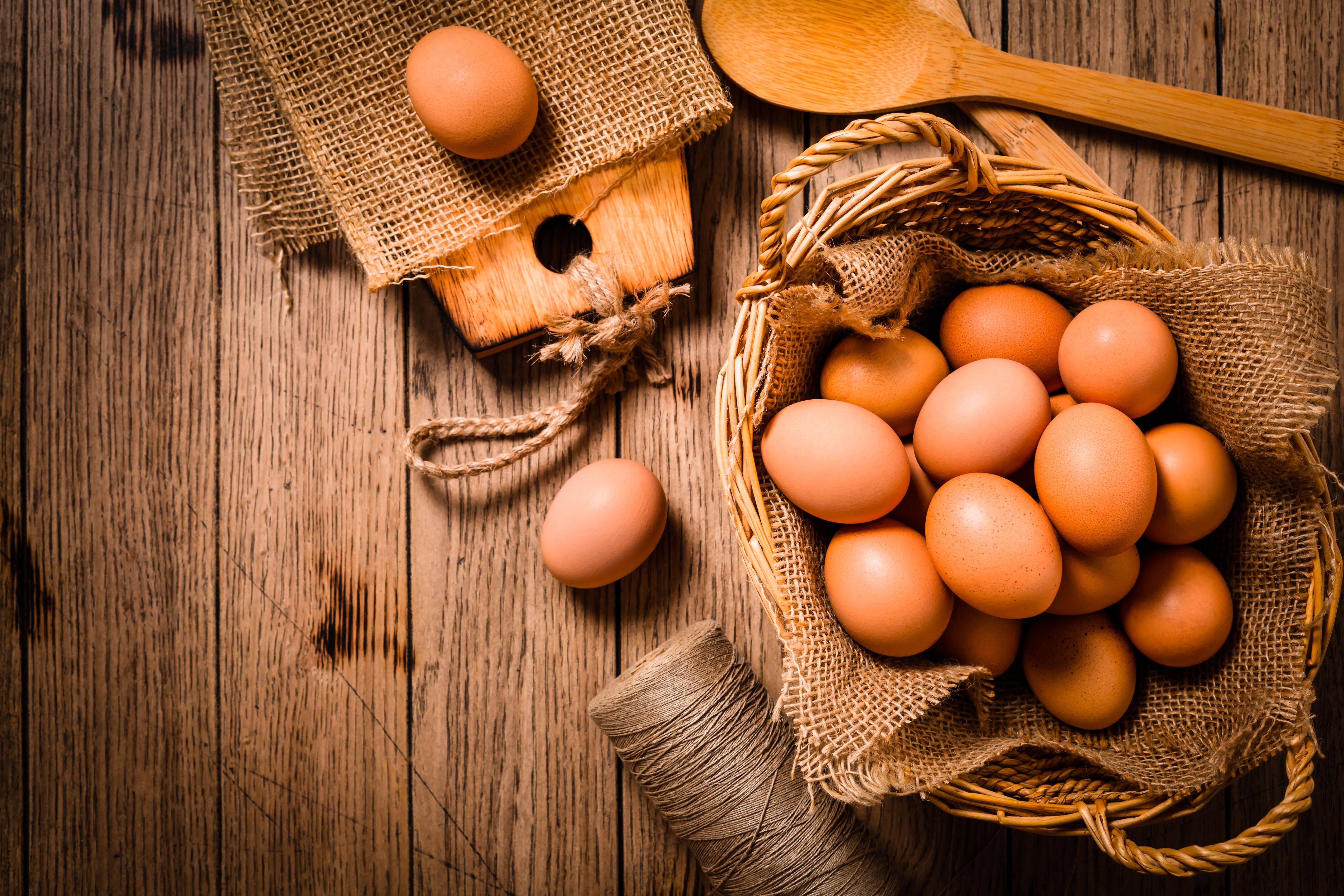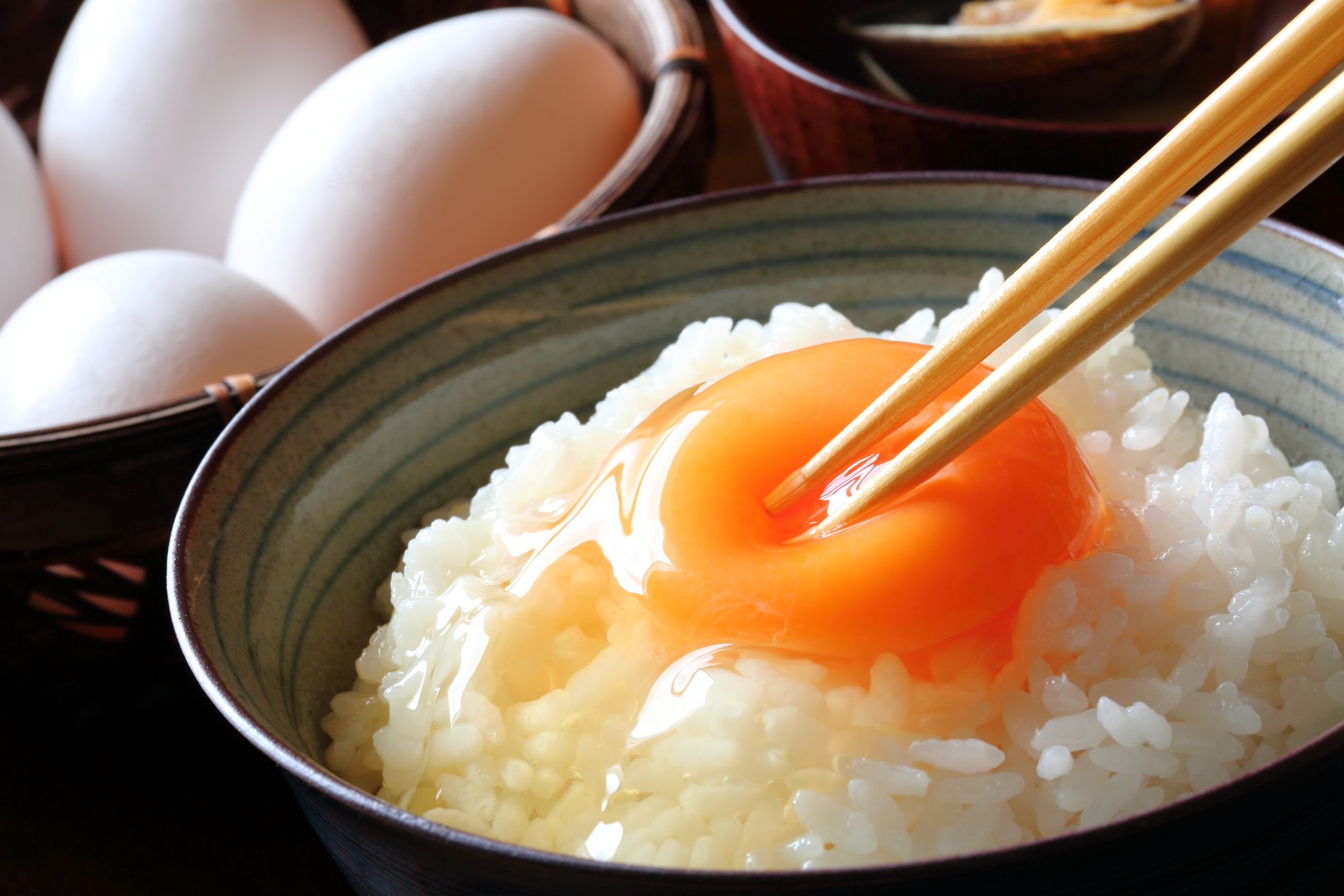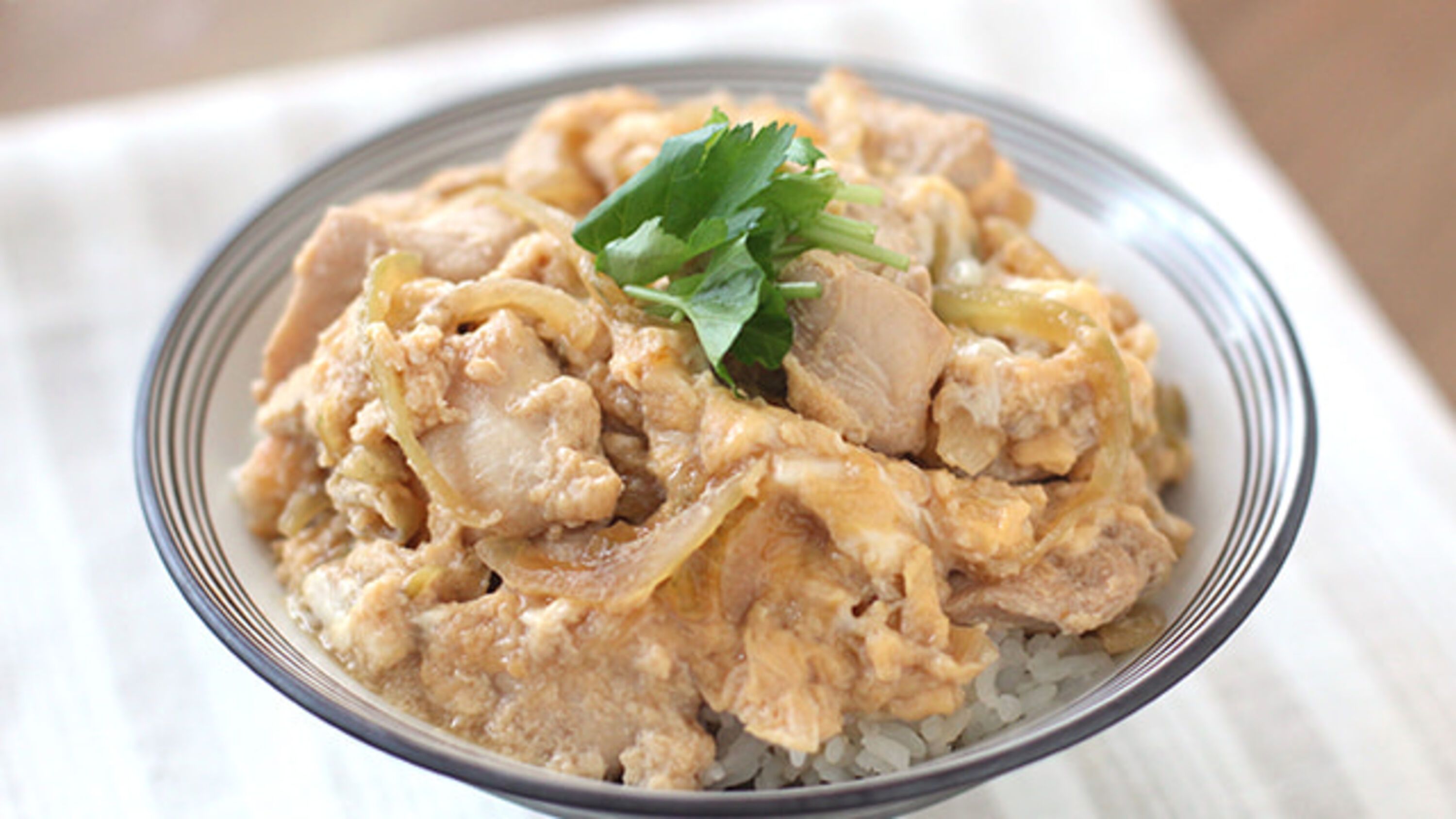
Challenge yourself to a higher level of cooking using safe and reliable Japan-produced eggs, fine to eat raw!
Photography: Ⓒ Panther Media GmbH / Alamy Stock Photo
No eggs in the world are rated so high in quality as Japanese eggs.
In Japan, there is strict hygiene management to prevent the spread of viruses, such as measures to prevent wild birds and small creatures from entering the hen coop, and thorough sanitization of staff as they enter and leave. Before the eggs are transported, they undergo sterilization and various inspection processes, and only those that have cleared the strict checks will be distributed as eggs for consumption.
Using safe, reliable Japan-produced eggs that are high in nutrition and can be eaten raw means there is no longer the need to heat eggs thoroughly, so increasing the variety of preparation methods. In recent years, dishes using half-cooked eggs like Eggs Benedict and Eggslut have gained popularity, and by using fresh Japan-produced eggs you can enjoy the authentic, mellow taste of eggs safely. From main dishes to salad, soup and cakes, eggs can be used in many different dishes, and since they are an everyday food, it is hoped people will opt for those eggs offering merits for health on top of taste.
There is a way of thinking in Chinese herbal medicine, based on the power of food as medicine, of foods that warm the body, cool the body, and those that do neither divided into five natures (coldness, coolness, evenness, warmth, heat). Eggs have an “even nature” (they neither warm the body nor cool it), so are considered a suitable ingredient to eat regularly throughout the year. According to chef and international Chinese herbalist, Ms. Miyuki Chizuka, eggs are a universal ingredient that works on all five organs (heart, lungs, spleen, liver, kidneys), and works to supplement “blood” carrying nutrition to all corners of the body.
“Eggs work to supplement deficient blood, and nourish Yin to give the body moisture, so in the coming season when dryness is a concern, I particularly recommend cooking with eggs. The ever popular omelet is melting and delicious made with half-cooked egg, and the Spanish omelet using seasonal vegetables is also easy. On cold days, your combat against dryness will be complete if you combine eggs with pork, king oyster mushrooms or cheese that work the same as eggs to supplement moisture. Also fried egg goes exceedingly well with cumin that has the effect of warming. Try how you like by adding salt or soy sauce”.
Also, eggs are characteristic in that the white and yolk each have different effects. The white that works on the heart, lungs and kidneys has a slight cooling property. “It eases a sore throat, and works to detoxicate by refreshing the lungs if they are inflamed and you have a dry cough. An egg-white stir-fry is perfect when you have any of those symptoms. Mix the egg white with a little salt and Chinese-style soup, and fold in the ingredients, and even better if you add grated ginger, green onion and tofu to it. For sweets, you can froth them to make meringues, or add them to pancakes”.
On the other hand, the egg yolk which works on the heart and kidneys, is said to nourish Yin and supplement blood, as well as having a good effect on the gut. The representative Japanese cuisine using egg yolk must be the soul food of Japan, Tamago-kake gohan (egg over rice). Why not try very simple ways of eating raw egg yolk, possible because they use fresh and safe Japan-produced eggs?

As seen, eggs have many positive effects and are a superb ingredient, although be sure of their freshness and quality to reap those benefits sufficiently. By adding Japan-produced eggs - trustworthy and with top nutritional value - to your daily dining table, you can maintain an untiring, healthy body.
Miyuki Chizuka, chef and international Chinese herbalist
After working in Shanghai and Boston, she moved to Tokyo. Her recipes promote body and mind connection, making the most of the benefits of seasonal ingredients. She runs the Meixue cooking school. She also contributes recipes to magazines and companies and is a published columnist. Her recent publications include "Illustrated Guide to the Medicinal Herbal Lifestyle" and "Handy Guide to Stay-At-Home Cooking" (both in Japanese).
http://meixue.jp
Instagram: @miyukichizuka
Recommended recipes using eggs
A recipe to entertain with - served with half-cooked Japan-produced egg that can be eaten raw
“Slow-boiled egg and seafood appetizer”
Rice bowl of chicken folded in egg, Japan’s leading soul food
“Oyako don (Mother-and-child rice bowl)”
Dashi stock determines the taste! Steamed egg dish gentle on the gut and heart.
“Chawan mushi (Steamed egg custard)”
One bite brings a smile: rolled cooked egg loved by all
“Dashi maki-tamago (Japanese rolled omelet)”
Reference: Japan Poultry Association
Photos supplied by: amanaimages, photolibrary
Text: Eri Arimoto










